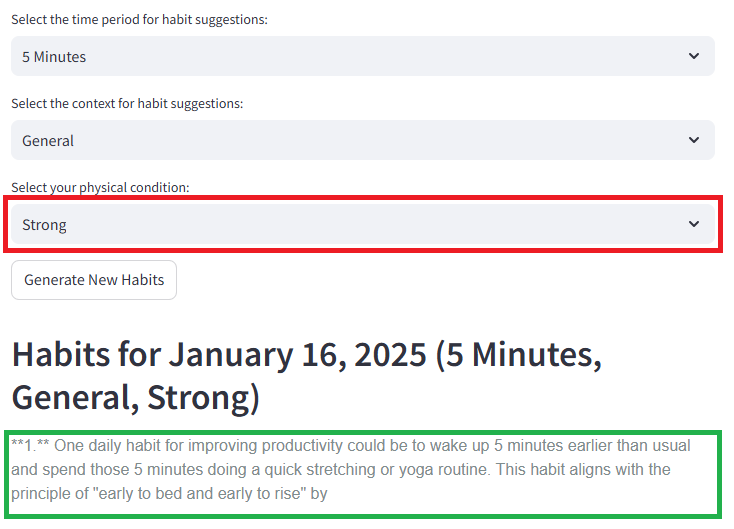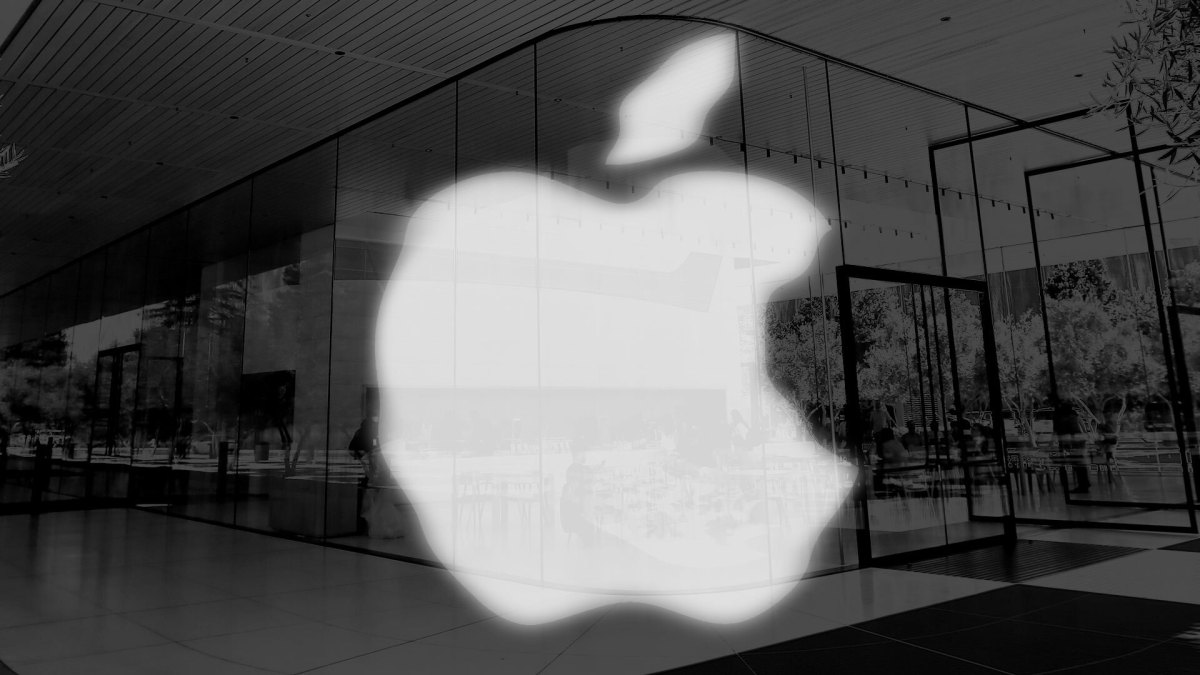10 Things I Wish I Knew Before Starting Web Development
Starting your journey as a web developer can be both exciting and overwhelming. Like many beginners, I dove in headfirst, learning through trial and error. In hindsight, there are several things I wish I had known before I started. Hopefully, these insights can make your journey a little smoother. 1. HTML and CSS Are Deeper Than They Seem HTML and CSS may look simple at first glance, but mastering them takes time. Semantic HTML, accessibility (a11y), and responsive design are essential skills often overlooked in beginner tutorials. Don’t rush through them—they form the foundation of everything you build. 2. JavaScript Is Everywhere Learning JavaScript is non-negotiable for modern web development. It’s not just for adding interactive elements; it powers frameworks like React, backend environments like Node.js, and even mobile apps with tools like React Native. Get comfortable with vanilla JavaScript before diving into frameworks. 3. Frameworks and Libraries Aren’t Magic Frameworks like React, Angular, and Vue can make development faster, but they come with a learning curve. More importantly, they aren’t a substitute for understanding core web development principles. Learn the basics before you rely on a framework. 4. Version Control Is a Lifesaver I wish I had started using Git and GitHub sooner. Version control allows you to track changes, collaborate with others, and roll back to previous versions when things go wrong. Don’t wait until your first job to learn it—it’s an invaluable skill for personal projects too. 5. The Browser Is Your Best Friend Modern browsers like Chrome and Firefox come with powerful developer tools. Inspect elements, debug JavaScript, and monitor network activity right in your browser. Learning to use these tools effectively can save you countless hours. 6. Responsive Design Is a Must With the variety of devices people use to access the web, making your websites mobile-friendly is essential. Learn about media queries, flexible layouts, and tools like CSS Grid and Flexbox. Testing on different screen sizes should become a habit. 7. You Don’t Need to Learn Everything at Once Web development is a vast field, and it’s easy to feel overwhelmed. Focus on one thing at a time. Start with HTML, CSS, and JavaScript. Once you’re comfortable, branch out into backend development, frameworks, or other specialized areas. 8. Accessibility Matters Accessibility isn’t just a nice-to-have; it’s crucial. Learn about ARIA roles, semantic HTML, and testing tools like Lighthouse or WAVE. Building accessible websites not only widens your audience but also makes you a more responsible developer. 9. Soft Skills Are Just as Important Coding is only part of the job. Communication, problem-solving, and teamwork are equally important, especially when working on collaborative projects. Don’t underestimate the value of clear documentation and the ability to explain your code to others. 10. You’ll Never Stop Learning Web development evolves quickly. There will always be new languages, frameworks, and tools to learn. Instead of trying to keep up with everything, focus on building a strong foundation and staying curious. The ability to adapt is more valuable than knowing every trend. Final Thoughts Web development is a rewarding journey, but it’s also full of challenges. By focusing on the fundamentals, embracing lifelong learning, and staying patient with yourself, you can avoid some of the pitfalls I encountered. Remember, every expert was once a beginner. Enjoy the process, and happy coding! What lessons have you learned in your web development journey? Share them in the comments below!

Starting your journey as a web developer can be both exciting and overwhelming. Like many beginners, I dove in headfirst, learning through trial and error. In hindsight, there are several things I wish I had known before I started. Hopefully, these insights can make your journey a little smoother.
1. HTML and CSS Are Deeper Than They Seem
HTML and CSS may look simple at first glance, but mastering them takes time. Semantic HTML, accessibility (a11y), and responsive design are essential skills often overlooked in beginner tutorials. Don’t rush through them—they form the foundation of everything you build.
2. JavaScript Is Everywhere
Learning JavaScript is non-negotiable for modern web development. It’s not just for adding interactive elements; it powers frameworks like React, backend environments like Node.js, and even mobile apps with tools like React Native. Get comfortable with vanilla JavaScript before diving into frameworks.
3. Frameworks and Libraries Aren’t Magic
Frameworks like React, Angular, and Vue can make development faster, but they come with a learning curve. More importantly, they aren’t a substitute for understanding core web development principles. Learn the basics before you rely on a framework.
4. Version Control Is a Lifesaver
I wish I had started using Git and GitHub sooner. Version control allows you to track changes, collaborate with others, and roll back to previous versions when things go wrong. Don’t wait until your first job to learn it—it’s an invaluable skill for personal projects too.
5. The Browser Is Your Best Friend
Modern browsers like Chrome and Firefox come with powerful developer tools. Inspect elements, debug JavaScript, and monitor network activity right in your browser. Learning to use these tools effectively can save you countless hours.
6. Responsive Design Is a Must
With the variety of devices people use to access the web, making your websites mobile-friendly is essential. Learn about media queries, flexible layouts, and tools like CSS Grid and Flexbox. Testing on different screen sizes should become a habit.
7. You Don’t Need to Learn Everything at Once
Web development is a vast field, and it’s easy to feel overwhelmed. Focus on one thing at a time. Start with HTML, CSS, and JavaScript. Once you’re comfortable, branch out into backend development, frameworks, or other specialized areas.
8. Accessibility Matters
Accessibility isn’t just a nice-to-have; it’s crucial. Learn about ARIA roles, semantic HTML, and testing tools like Lighthouse or WAVE. Building accessible websites not only widens your audience but also makes you a more responsible developer.
9. Soft Skills Are Just as Important
Coding is only part of the job. Communication, problem-solving, and teamwork are equally important, especially when working on collaborative projects. Don’t underestimate the value of clear documentation and the ability to explain your code to others.
10. You’ll Never Stop Learning
Web development evolves quickly. There will always be new languages, frameworks, and tools to learn. Instead of trying to keep up with everything, focus on building a strong foundation and staying curious. The ability to adapt is more valuable than knowing every trend.
Final Thoughts
Web development is a rewarding journey, but it’s also full of challenges. By focusing on the fundamentals, embracing lifelong learning, and staying patient with yourself, you can avoid some of the pitfalls I encountered. Remember, every expert was once a beginner. Enjoy the process, and happy coding!
What lessons have you learned in your web development journey? Share them in the comments below!





.png)















